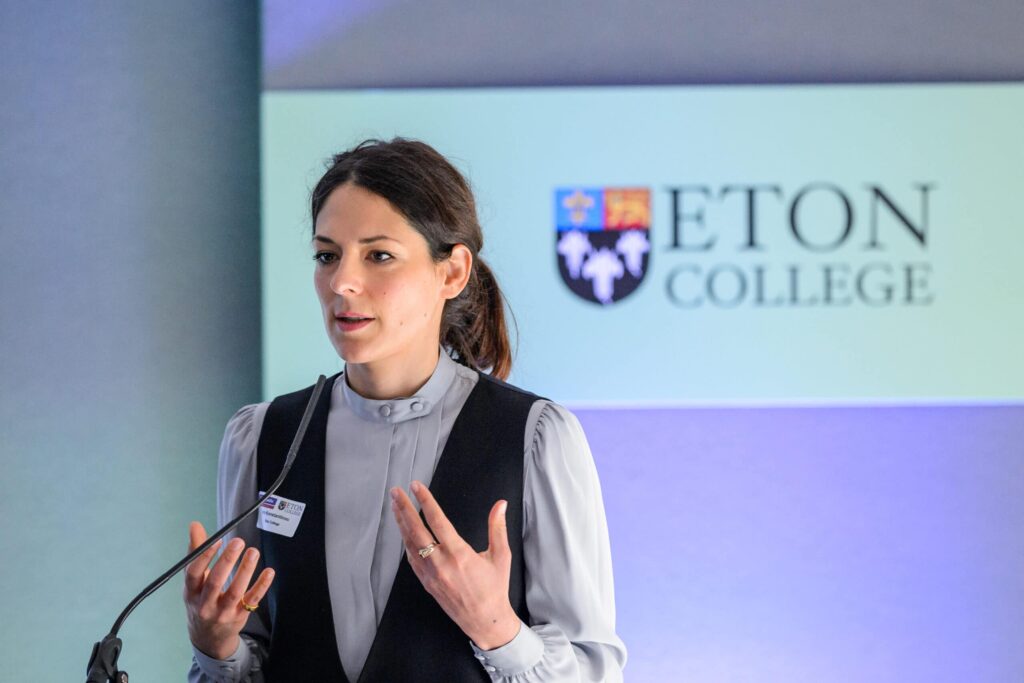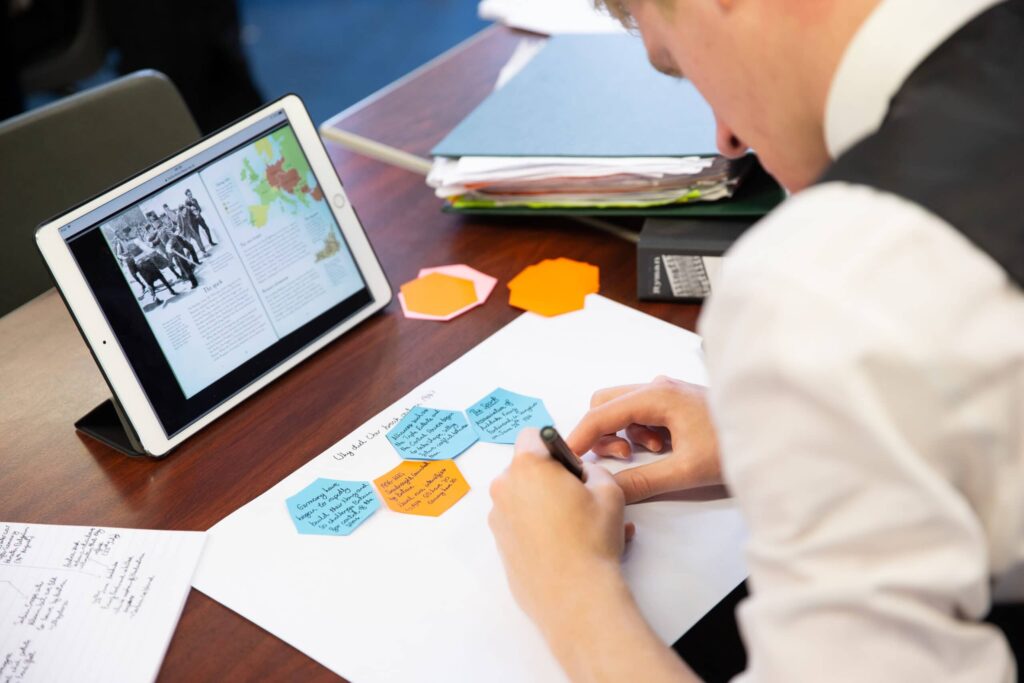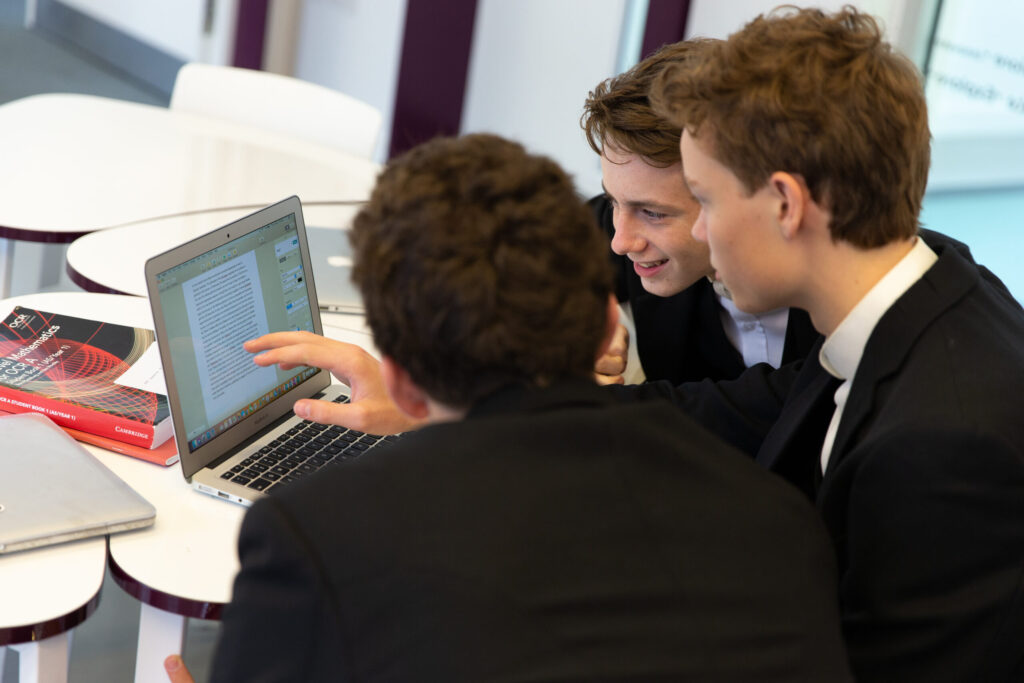This week’s blog post is based on Chapter One of Jared Cooney Horvath and David Bott’s book entitled 10 Things Schools Get Wrong: And How We Can Get Them Right. This chapter formed the basis of last week’s Teaching and Learning Reading Group, based here at Eton.
Horvath and Bott’s chapter begins by stating that the teaching profession appears to favour the theoretical expertise of academia over and above the lived experience of practitioners. As a result, teachers can end up having very little control over their own profession.
The chapter goes on to argue that one of the reasons for this is because teaching is often seen as ‘not a real profession’, in the sense that everyone has been to school and therefore they imagine they know how to teach.[1] Furthermore, the definition, generation and enforcement of best practice in the teaching profession tends to come from outside sources, such as academia (Noordegraaf and Schinkel, 2011).[2]
To have professional control, one needs to possess expertise. Cognitive psychologist Anders Ericsson defines expertise as the result of undertaking of explicit, deliberate and sustained practice in a particular field (A. Ericsson, 2016).[3] Therefore, since the majority of academics in education have never been school teachers or, if they were, are no longer practising, it seems surprising that they hold so much control over a profession in which they lack expertise.
Horvath and Bott propose that teaching practitioners, who teach, engage and guide students on a daily basis, must be better placed to influence and control the profession.
From Theory to Practice
However, academia is not to be discounted in its entirety. Theory is necessary in education and theoretical models espoused by academics, such as Brown, Roediger and McDaniel’s (2014) ‘retrieval practice’ and ‘spaced repetition’ can help teachers conceive of their role in a deeper way.[4] The problem lies in the fact that theories often have little to do with the actual practice of teaching.
As we can see from the table below, academic theory describes the world by constructing abstracted, idealised and value-free models; whereas teachers deal in practice and the undertaking of contextualised, naturalistic and value-laden activity.
| Theory | Practice |
| Abstracted: This is where specific details are often omitted in favour of broader generalisations.[5] | Contextualised: Generalisations tend to be ignored to account for unique details specific to the given situation.[6] |
| Idealised: Theory does not often deal with reality but instead, small details are changed in order to represent the world in its most perfect state.[7] | Naturalistic: The perfect state often has to be abandoned in order to take into account the imperfect reality.[8] |
| Value-Free: Subjective standards often hinder theory and so morals and principles are often ignored in favour of impartial observation and measurement. | Value-laden: Nearly every activity is imbued with conceptions of what is good and bad or what is right and wrong. |
It seems that the obvious solution is for teachers and academics to work together to bring theory and practice in alignment. However, although there are many overlaps, the two are dissociable entities that can (and often do) exist in isolation. When teachers are overburdened by workload and are not provided with the time and space to work with academics, then theory tends to prevail overall.
The chapter concludes by arguing that if we truly wish to advance the teaching profession, we much realign our collective focus so that teachers are seen to be the experts in the field. In order to do this, Horvath and Bott propose that the following three areas need to be considered:
- Teacher Training
In a study conducted by Portides (2005), it was found that a significant number of early-career teachers believe that their teaching qualification did not sufficiently prepare them for basic aspects of the classroom.[9] The majority of teachers are trained in a university setting by academics who approach teaching theoretically rather than practically.[10]
- Expertise and Teacher retention
If Ericsson is correct and expertise can only accrue via prolonged and deliberate practice of a particular skill, then it is important to retain teachers in the profession so that they have time to develop meaningful expertise.[11]
- Professional Control
In order to establish professional control, teachers need to not only draw upon one another’s experience to develop their own practice but they also need to be seen to be doing so – that is, by creating a body of knowledge which is recognised and respected by the wider public and can be used to guide future knowledge creation within the profession.
[1] M. Noordegraaf, & W. Schinkel, ‘Professionalism as Symbolic Capital: Materials for a Bourdieusian Theory of Professionalism’, (2011), Comparative Sociology, Vol. 10, pp.67-96.
[2] P. R. J. Simons & M. C. Ruijters, ‘The Real Professional is a Learning Professional’ in International Handbook of Research in Professional and Practice-based Learning, (Dordrecht: Springer, 2014) pp.955-985.
[3] A. Ericsson & R. Pool, Peak: Secrets from the New Science of Expertise, (Boston: Houghton Mifflin Harcourt, 2016).
[4] P. Brown, H. L. Roediger and M. McDaniel, Make it Stick: The Science of Successful Learning, (Massachusetts: The Belknap Press, 2014).
[5] F. Giunchiglia & T. Walsh, ‘A Theory of Abstraction’, (1992), Artificial Intelligence, Vol. 57, pp. 323-389.
[6] D. P. Portides, ‘A Theory of Scientific Model Construction: The Conceptual Process of Abstraction and Concretisation’, (2005), Foundations of Science, Vol. 10, pp.67-88.
[7] J. Jebeile, & A. G. Kennedy, ‘Explaining with Models: The Role of Idealizations’ (2015), International Studies in the Philosophy of Science, Vol.29, pp.383-392.
[8] M. Niaz, ‘The Role of Idealization in Science and its Implications for Science Education’, (1999), Journal of Science Education and Technology, Vol. 8, pp.145-150.
[9] C. G. Roofe & P. Miller, ‘“Miss, I Am Not Being Fully Prepared”: Student-Teachers’ Concerns About Their Preparation at a Teacher Training Institution in Jamaica’, (2013), Australian Journal of Teacher Education, Vol. 38, p.1.
[10] P. T. von Hippel & L. Bellows, ‘How Much Does Teacher Quality Vary Across Teacher Preparation Programs? Reanalyses from Six States’, (2018), Economics of Education Review, Vol. 64, pp.298-312.
[11] T. Kini & A. Podolsky, ‘Does Teaching Experience Increase Teacher Effectiveness’, (2016), A Review of the Research, pp.1-72.




